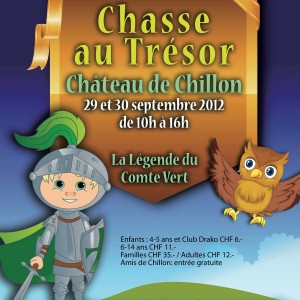Ready to graduate?
Hi all. Here’s a link to all my posts this semester. I am sorry that I am always late on posts and comments. I hope that I am finally all caught up.
I think that this semester was a much better learning experience than the first time I took this course. I like the new format and the fact that we have to comment as much as post in the course. The presentation week was especially interesting with all the beautiful and helpful presentations.
The things I remember are the tools for making my course interactive, the ways to create a community online, the sketches I should make before starting to design my course. I learned that it will take many trials and errors to finally get it right. At first, I was reluctant and afraid to teach online. Now, I actually enjoy it and want to dedicate more time to my course online than to my current f2f course.
Week 2: Getting Started Already!
Week 3: The Design and Development of My Course
Week 5: Can Students Get a Course GPS App?
Week 6: HTML, and Other WWW Tools
Week 8: Teaching French Online
Week 10: We Need a Copyright Police Officer
Week 11: Creating a Syllabus Online




Recent Comments